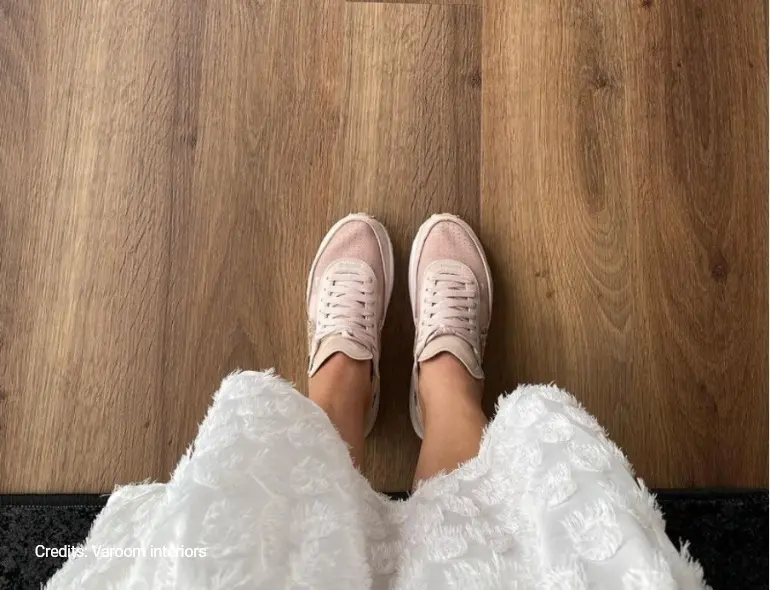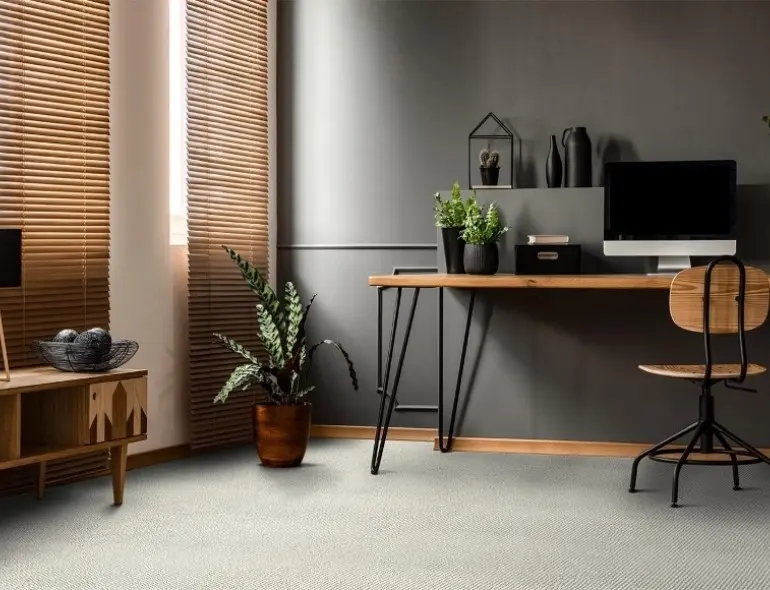
Do carpets cause Asthma?
This is a misconception that has grown over the past few decades, but medical societies are reviewing their position. At the start of 2021 the National Heart, Lung and Blood Institute in the USA reversed their 2013 decision recommending the removal of carpet in treating allergy and asthma patients. While scientific and medical research is not conclusive, international studies conducted over the past 40 years have led flooring specialists to suggest that properly and regularly vacuumed carpet is indeed suitable for people with asthma or allergies.
Importantly, understanding asthma shows that not all people suffer from asthma and many asthma cases are hereditary. There are different types of asthma, with about 40% being non-allergic in nature. These include exercise-induced asthma and occupational asthma, where symptoms are triggered by the workplace environment (e.g., wood or flour mills). Allergic asthma occurs when allergens in the environment trigger an attack, and this is the type that has been said to be associated with carpets.
Understand your environment.
For people suffering from allergic asthma, understanding and regulating one’s environment where possible is very important, and carpets can in fact play a positive role in this process. First, you should identify your asthma triggers and aim to control contributing allergens in your home. These are often found in everyday items like a soft toy, pillow, curtain, or even pet blankets. When it comes to flooring, allergens that rest on the floor surface include pollen, dust mites, mould spores, and pet dander (hair, skin or feathers).
The right floor for your home needs to align with your lifestyle and preferences. With carpets, certain allergens are removed from the air as they fall onto carpet fibres and become trapped among them until vacuumed. Regular vacuum cleaning avoids allergen build-up and effectively removes them from the space. With smooth surfaced floors (e.g. vinyl) allergens fall to the floor but get lifted off the surface easily with movement. Hard or smooth floors with higher traffic ideally require regular cleaning for asthma sufferers.


There are carpets that make it easier to manage your asthma triggers based on their structure, material and installation. The Johnson Memorial Group suggests that short pile carpets or loops with tightly woven strands are better than tall, shag-type carpets. Solution Dyed Nylon is a preferred material because it resists dirt and reduces asthma triggers like mould and mildew.
For some people, odours and Volatile Organic Compounds found in buildings could trigger an allergic asthma attack. VOCs can be present within flooring materials, but by contrast, carpets can filter VOCs like formaldehyde or chloroform out of the air, trapping them between fibres until they are vacuumed away.
What is the best way to clean floors to manage asthma triggers?
If possible, clean floors when the asthma sufferer is not in the room. Carpets require routine vacuuming to boost carpet performance and asthma control, by removing invisible particles trapped in a carpet that trigger an attack and deep-seated dry soils that can damage fibres. A commercial upright vacuum with a clean HEPA filter, CRI Seal of Approval or Green Label most effectively removes triggers and dirt during routine cleaning, aim to have your carpet professionally cleaned every year. Vinyl allows some allergens such as dust mites and mould spores to increase in damp and dusty spaces and are very easily spread into the air through normal movement on hard surfaces. Apart from maintaining appropriate indoor climate control and humidity levels to manage asthma triggers, wipe down vinyl floors regularly, preferably using a damp mop with clean water and a non-abrasive floor cleaner.
We suggest the following cleaning schedules for peace of mind:
- Very high traffic: 2x per day
- High traffic: 1x per day
- Medium traffic: 3x a week
- Low traffic: 1x per week















